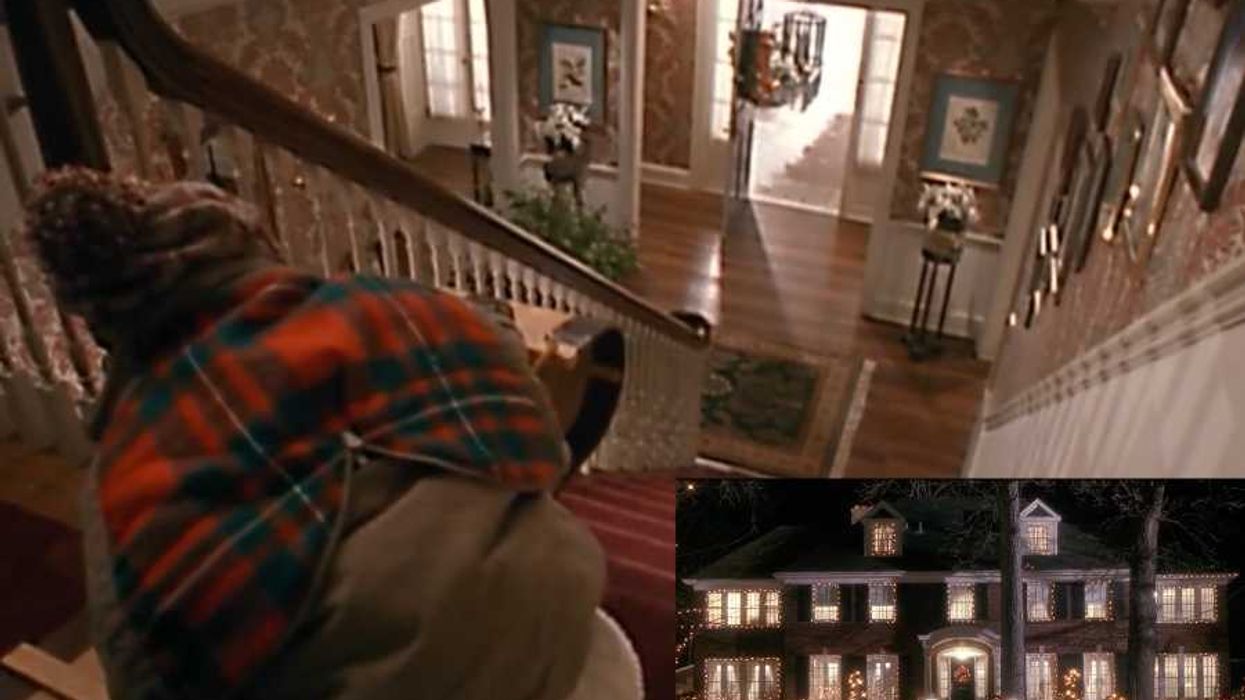Today the world said goodbye to Roger Ebert, the man who was, for all intents and purposes, the modern world's first teacher about really good movies and acting. Growing up, I took a virtual film class with him every week through his television show. And every week, millions of you studied along with me.
But while Ebert will forever be known for his well crafted film reviews and his perseverance and honesty through a battle with cancer that would have caused most ordinary folks to permanently retreat from public life, he also cared deeply about what's happening in America's schools.
Ebert was one of a handful of public intellectuals that Salon editor in chief Kerry Lauerman reached out to in the wake of President Obama's reelection with a provocative question: "What one thing would you ask President Obama to do in his second term?" Ebert could have addressed any number of pressing issues, but his response reflected the understanding that education is at the heart of a great democracy.
"I would ask the president for an emergency education program," Ebert wrote. "Our students at every level are below American historical norms and global standards. We're importing the best and the brightest from overseas, from nations that may not spend as much money on education but seem to produce better-prepared students," he said.
Ebert credited his own education with giving him a sound foundation in reading, writing, and math, calling, reading, "the key to self-education." And it's clear that in his own life he loved school. As the Chicago Sun-Times, the paper that was Ebert's home for nearly five decades, noted in its obituary,
As a child, he published a mimeographed neighborhood newspaper, and a stamp collectors’ newspaper in elementary school.
In high school, he was, as he later wrote, “demented in [his] zeal for school activities,” joining the swim team, acting in plays, founding the Science Fiction Club, co-hosting Urbana High School’s Saturday morning radio program, co-editing the newspaper, being elected senior class president.
What's unsaid in the Sun-Times' obituary is that there were most certainly teachers who nurtured Ebert's talents—talents which we have all benefited from. It begs the question, in our era of defunding and dismantling public education, how many Roger Eberts are there whose talents are left undiscovered or unnurtured, simply because there are no resources for a school radio program, no funds to stage productions, and teachers are focused more on test scores than a stamp collectors' newspaper?
His advice to President Obama was common sense:
"What I think we need are smaller classrooms, better pay for teachers and an emphasis on fundamentals rather than frivolity. Although I am in favor of physical education, I believe most school sports foster a flawed culture. The news that Allen, Texas, has constructed a high school stadium costing $60 million filled me with incredulity. What does that have to do with education?"
Ebert ended his response to the question by noting that he was, "much cheered by the new documentary 'Brooklyn Castle,' about how a team from an inner-city junior high school won the national high school chess championship, and didn't need a stadium at all. They were coached by a couple of great teachers."
A couple of great teachers. As I often thought after reading his reviews, Well said, Mr. Ebert. Well said.
Roger Ebert courtesy of s_bukley / Shutterstock.com
















 Otis knew before they did.
Otis knew before they did.